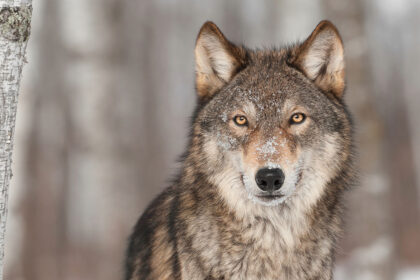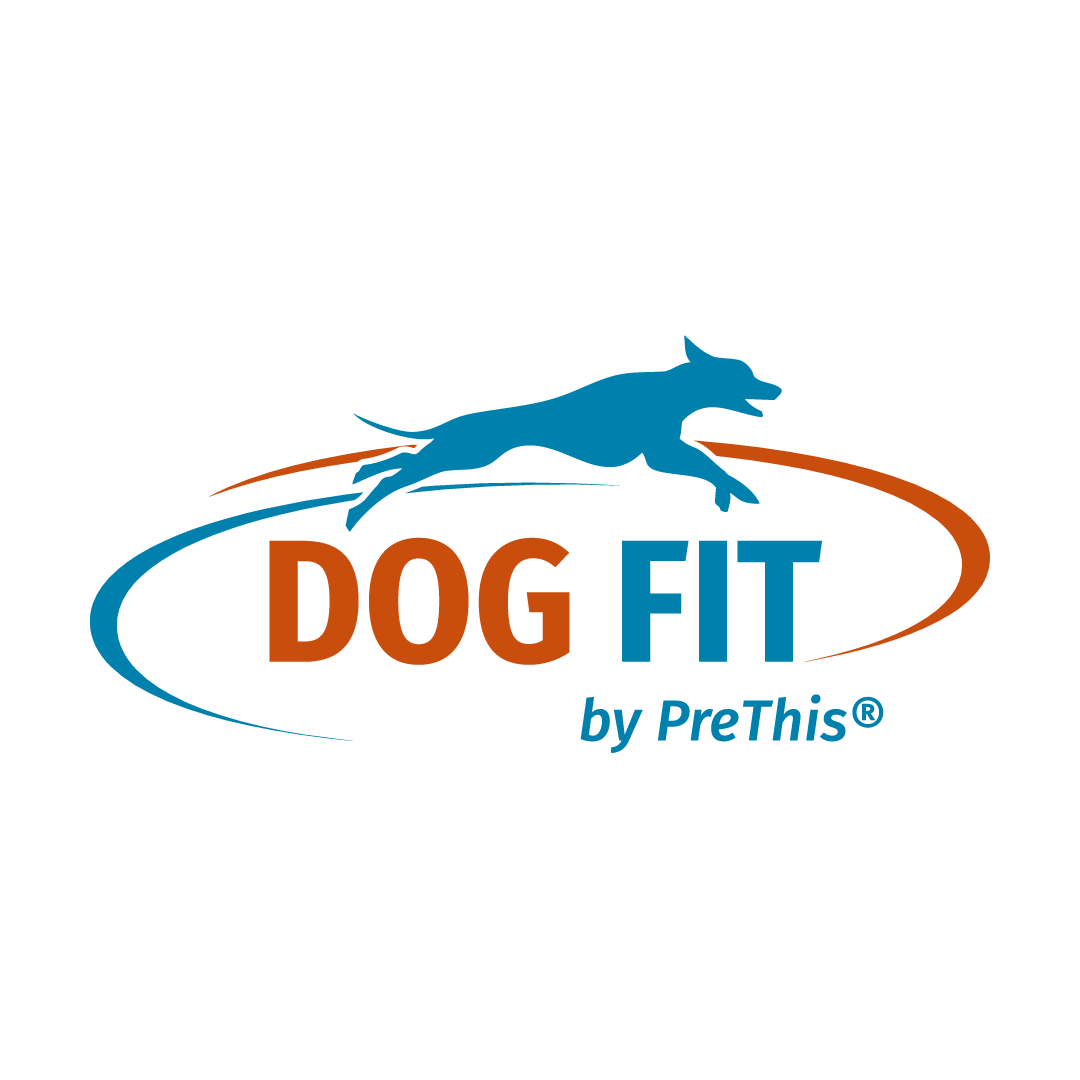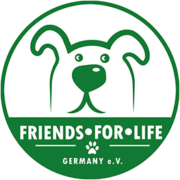
The relationship between humans and dogs is one of the oldest and most profound bonds in the history of animal-human interaction. For thousands of years, dogs have accompanied us as guardians, helpers and friends. But as domestication and breeding progress, more and more questions arise: Are dogs still the robust, instinct-driven animals they once were? Or have humans changed their nature so much that they have partially moved away from their original identity? This article sheds light on the pitfalls and challenges of dog domestication.
From Wolf to Dog: A Journey of Change
Dog domestication began around 15,000 to 30,000 years ago, when wolves began to join human settlements. It was a symbiosis: humans benefited from the wolves’ keen senses, while the animals gained access to food and shelter. But over the course of thousands of years, the wolf became the dog, and with each generation, behavior, appearance and needs changed. small sex doll
Breeding and its consequences
Specific breeding began around 200 years ago when people began to select dogs based on certain characteristics. While some breeds were functional (such as herding dogs or hunting dogs), other breeds were more aesthetically focused. This development led to the large number of dog breeds that exist today, but also brought with it significant problems:
- Genetic diseases: Many breeds suffer from hereditary diseases that have arisen through overbreeding. Examples include hip dysplasia in German shepherds or breathing problems in pugs and bulldogs.
- Changed instincts: Some breeds have lost their original instincts, such as hunting or herding, and instead show increased behavioral problems.
- Unhealthy body structures: Flat-nosed dogs (brachycephalic breeds) often have difficulty breathing, while breeds with short legs and long backs, such as dachshunds, are prone to herniated discs.
Diet: From hunter to dry food lover?
Another example of domestication is diet. While the wolf mainly eats meat, the modern dog is often used to ready-made food. But many of these industrial foods contain grains, sugar and low-quality ingredients that are not only unhealthy, but also alien to the species. This leads to problems such as:
- Tartar and bad breath
- Obesity and diabetes
- Allergies and digestive problems
A species-appropriate diet with fresh ingredients and high-quality wet food can help to avoid these problems.
Behavior: Between cuddly toy and working animal
Dogs’ behavior has also changed due to domestication and breeding. While wolves are naturally independent and instinct-driven, many dogs have lost their independence. Examples:
- Some breeds tend to be very attached and suffer from separation anxiety because they were bred to be close to humans.
- Working dogs such as Border Collies or Malinois often show behavioral problems if they are not sufficiently challenged because they were bred for specific tasks.
Are dogs still dogs?
The answer is complex. Dogs may have been domesticated, but they still carry many of the characteristics of their ancestors. Instincts such as digging, hunting or marking territory have been preserved in almost every breed. Nevertheless, domestication has influenced their nature in many ways. They have become more dependent on humans, which on the one hand makes them great companions, but on the other hand also brings new challenges.
What can we do to do justice to dogs?
- Species-appropriate care: Dogs need exercise, social interaction and mental stimulation to stay happy and healthy.
- Natural nutrition: Fresh ingredients and high-quality food without artificial additives promote health.
- Responsible breeding: Instead of aesthetics, more emphasis should be placed on health and character when breeding.
- Returning to their nature: Even though dogs are domesticated, we should respect and encourage their natural needs.
Conclusion
Dogs are still our loyal companions, but domestication has changed their nature greatly. It is all the more important that we are aware of our responsibility and enable them to live a life that meets their needs. Because ultimately one thing remains unchanged: dogs areAnd not just animals, but full-fledged family members who enrich us every day with their loyalty and love.

The content of the articles is for general information purposes only and does not replace diagnosis or treatment by a veterinarian. Reviews or testimonials are individual reports from verified customers. This information does not constitute medical advice and should not be understood as such.
Our daily inspiration comes from the special moments with our dogs. Here we share this enthusiasm and invite you to become part of the DOG FIT community on our social media channels.


Leave a Reply